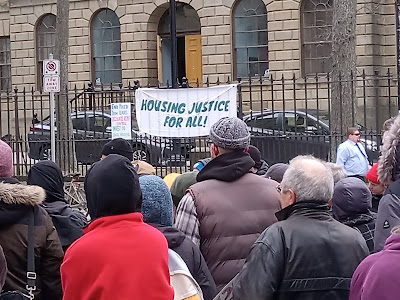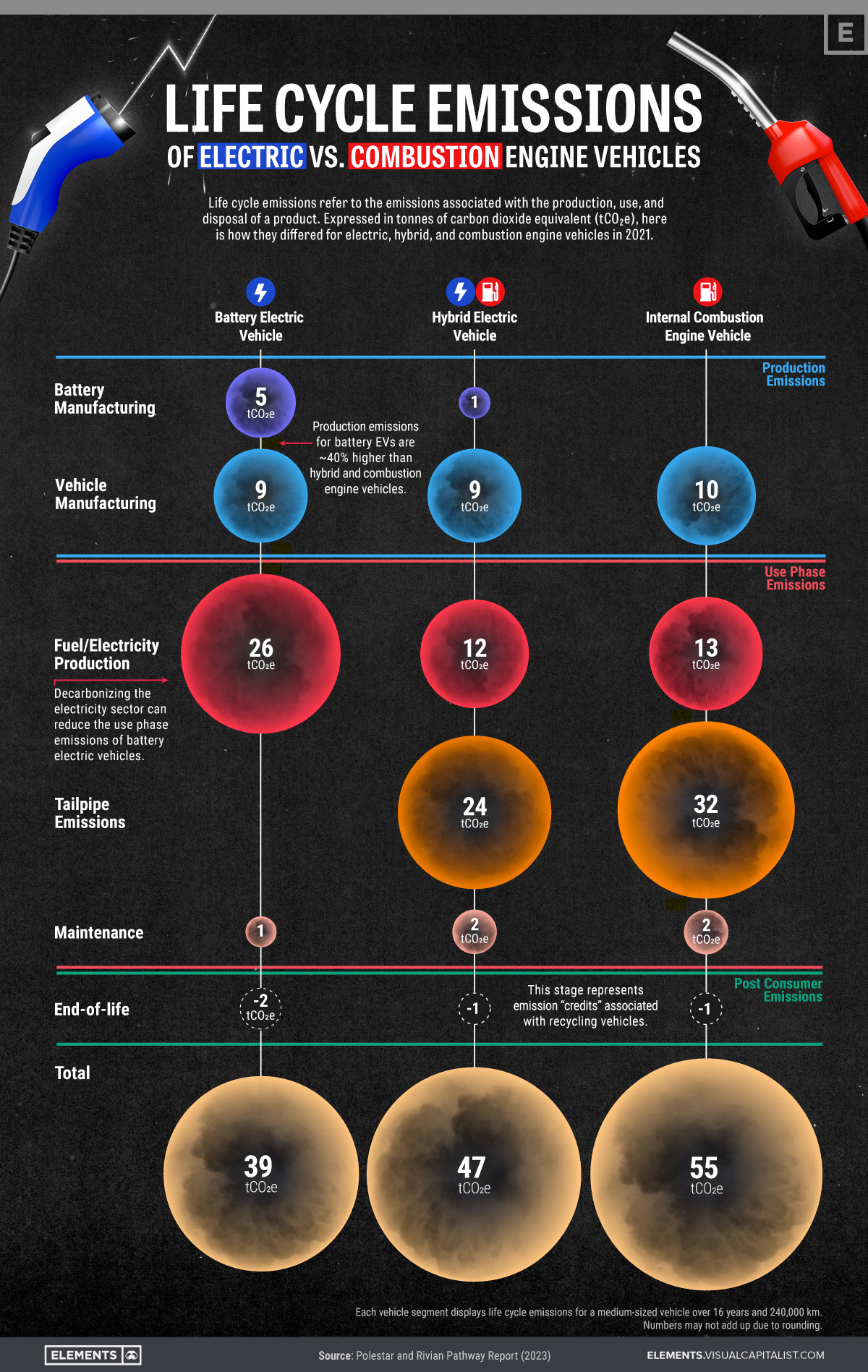Political ideology may motivate involvement in the process of developing policy and electing legislators. It may be a serious obstacle to effective action particularly in the areas of housing, health care, and response to the climate crisis.

Signs of Crisis in HRM
Halifax Councillor Waye Mason has expressed that in this time of likely global housing price collapse, high interest rates, and recession we are in need of the government to help preserve our labour force by funding affordable housing construction. His concerns have been expressed in a letter to Nova Scotia Municipal Affairs and Housing Minister, John Lohr.

Finally and most importantly, you are responsible for affordable housing construction in Nova Scotia. In the election, Premier Houston promised to deliver the Affordable Housing Commission report. That report talks extensively about the need for social or below-market housing. I say again to you Minister, the market will not produce below-market housing.
You need to have a massive plan to build affordable housing, and you needed it a year ago. With the coming global housing price collapse, high-interest rates and recession, there has never been a better time for the government to help preserve our labour force by funding affordable housing construction. (Mason, 2022)
Dr. Catherine Leviten-Reid, a CCPA-NS Research Associate and an Associate Professor in the MBA in Community Economic Development program at Cape Breton University, reports that Nova Scotians urgently need the government to do more to address our province's lack of affordable housing.
Housing is a Human Right
Based on the last census, at least 48,000 renters in Nova Scotians reported paying at least 30 per cent of their income on shelter, leaving them vulnerable to losing their housing. That represents 35 per cent of tenants. That number is likely higher today.
The chronic lack of affordable units results in constrained choices for tenants or no choice at all. Responding to the chronic shortage of affordable housing primarily through rent supplements will not succeed without substantial investment in supply-side responses that generate affordable rentals. Beyond low vacancies, we know tenants face discrimination based on income source, interactions with the justice system, family type, and ethnicity, among other characteristics, again highlighting the need for greater tenant protection.
Changes to rent supplement design and the rental market are needed, as is a massive investment in public and nonprofit and cooperative rental housing stock. This investment must include scaling up the protection of existing affordable units by purchasing rental buildings for sale and facilitating ownership by non-market providers. The status quo level of investment is unacceptable, with more Nova Scotians finding themselves without a secure roof over their heads. (Leviten-Reid, 2023)
During the Second World War, Canadians and their government completely remade the economy -- retooling factories, transforming the workforce, and creating common cause among Canadians for the war effort. In A Good War, author and activist Seth Klein looks at the Second World War strategies and shows how they can be repurposed today for a rapid transition.
Housing in HRM from WWII
Canada Lands acquired approximately 34 hectares (86 acres) of the former military site at Shannon Park, Dartmouth in 2014 from the Department of National Defence (DND).

Deeply Affordable Housing Potential Site
The property includes a French immersion school. Large portions of the site have significant water frontage and offer a large, relatively flat area suitable for development. Steeper areas around the edge of the site offer views of the harbour.
Canada Lands undertook an extensive public engagement process, which resulted in the preparation of a preferred development plan in 2016. More recently, Halifax Regional Municipality (HRM) sought community feedback to finalize the plan and prepare a development agreement. The plan has been evolving during the HRM planning and consultative process, with a focus on creating a community that provides opportunities for mixed use development. Although the majority of the plan will be focused on residential development, commercial and supporting professional services will be integrated. The final designs will ensure a mix of housing types and support public open space. The flow of the community will ensure pedestrian linkage throughout with strong connectivity to the future shoreline park. The development of the future parks will provide both active and passive green spaces. Public transit is also an integral part and consideration throughout. (Shannon Park, n.d.)
A short-sighted vision that relies primarily on the market to ensure everyone has access to housing underestimates this issue's tremendous rippling impact, which erodes efforts to build a healthy, growing, more inclusive province.
References
Klein, S. (2020). A Good War: Mobilizing Canada for the Climate Emergency. ECW Press.
Leviten-Reid, C. (2023, June 26). Lack of affordable housing in Nova Scotia requires urgent action. The Monitor. Retrieved June 26, 2023, from https://monitormag.ca/articles/lack-of-affordable-housing-in-nova-scotia-requires-urgent-action/
Mason, W. (2022, November 15). Correspondence from Councillor Mason to Minister Lohr Regarding Housing. Waye Mason, Councillor. Retrieved November 15, 2022, from https://wayemason.ca/2022/11/15/correspondence-from-councillor-mason-to-minister-lohr-regarding-housing/
Shannon Park. (n.d.). Canada Lands Company. Retrieved June 26, 2023, from https://www.clc-sic.ca/real-estate/shannon-park












